Membrane protective role of autophagic machinery during infection of epithelial cells by Candida albicans
Résumé
Candida albicans (C. albicans) is an opportunistic pathogen causing infections ranging from superficial to life-threatening disseminated infections. In a susceptible host, C. albicans is able to translocate through the gut barrier, promoting its dissemination into deeper organs. C. albicans hyphae can invade human epithelial cells by two well-documented mechanisms: epithelial-driven endocytosis and C. albicans-driven active penetration. One mechanism by which host cells protect themselves against intracellular C. albicans is termed autophagy. The protective role of autophagy during C. albicans infection has been investigated in myeloid cells; however, far less is known regarding the role of this process during the infection of epithelial cells. In the present study, we investigated the role of autophagy-related proteins during the infection of epithelial cells, including intestinal epithelial cells and gut explants, by C. albicans. Using cell imaging, we show that key molecular players of the autophagy machinery (LC3-II, PI3P, ATG16L1, and WIPI2) were recruited at Candida invasion sites. We deepened these observations by electron microscopy analyses that reveal the presence of autophagosomes in the vicinity of invading hyphae. Importantly, these events occur during active penetration of C. albicans into host cells and are associated with plasma membrane damage. In this context, we show that the autophagy-related key proteins ATG5 and ATG16L1 contribute to plasma membrane repair mediated by lysosomal exocytosis and participate in protecting epithelial cells against C. albicans-induced cell death. Our findings provide a novel mechanism by which epithelial cells, forming the first line of defense against C. albicans in the gut, can react to limit C. albicans invasion.
Fichier principal
 Membrane protective role of autophagic machinery during infection of epithelial cells by Candida albicans.pdf (4.83 Mo)
Télécharger le fichier
Membrane protective role of autophagic machinery during infection of epithelial cells by Candida albicans.pdf (4.83 Mo)
Télécharger le fichier
| Origine | Publication financée par une institution |
|---|


